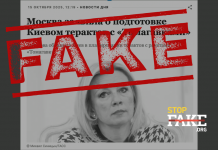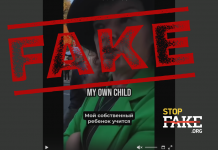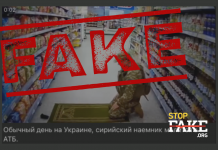With the Catalonian independence referendum remaining in the headlines some in the media have taken to comparing Catalonia to Crimea, a part of Ukraine that Russia illegally annexed in 2014.

Bloomberg View columnist Leonid Bershidsky in an opinion piece entitled Why Catalonia Will Fail Where Crimea Succeeded claims that the Crimean referendum on secession did not take place at gunpoint.
Bershidsky writes that “Neither the “little green men” nor uniformed Russian soldiers were present at polling stations during the vote. There was no armed pressure on Crimeans, not even on the indigenous Crimean Tatars, who didn’t back the secession and mostly abstained from voting, to show up or to fill in ballots a certain way. The presence of Russian troops played a role (more on this later), but it wasn’t what made the referendum illegitimate.”


The threat of force, and not the referendum, made sure Crimea exists as a de facto part of Russia today. Catalonia does not have a force that can fight for secession and that is why it will fail, Bershidsky writes.
The Crimean referendum took place under heavy military presence; the pressure they exerted was documented by Western media. Human Rights Watch reported how armed units abducted, attacked and harassed activists and journalists. Abductions, attacks and killings were well documented by NGOs and media.
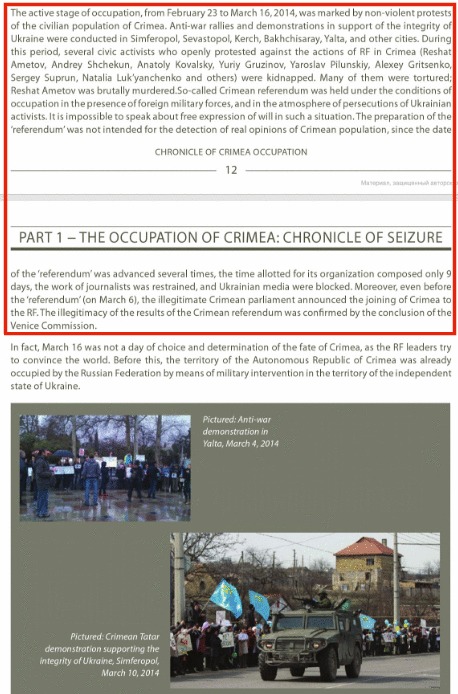
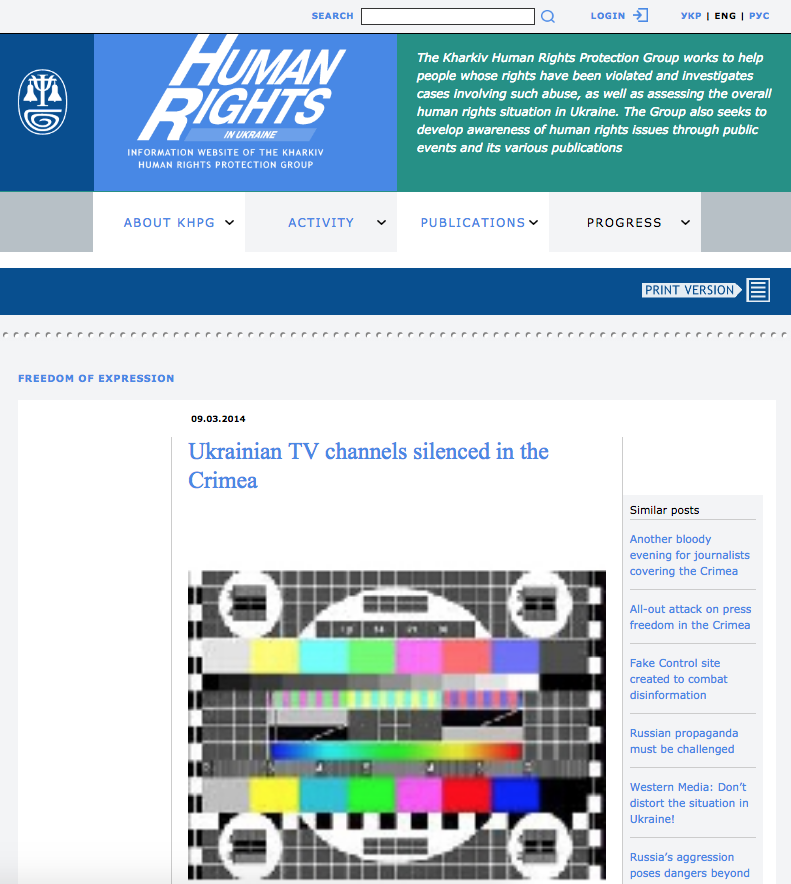
Many analysts have written that comparing Catalonia’s referendum with the Crimean one is absurd. It would be more accurate to compare Catalonia with Ukraine, who struggled for autonomy and independence for centuries.
The situation with the Russian occupation of Crimea, Donbas, Abkhazia and South Ossetia is of a completely different nature. First and foremost, external interventions took place in these cases, and referenda were instigated, set up, and held under the leadership of the occupation forces and with their full assistance. That’s anything but what is happening in Catalonia…writes Volodymyr Horbach, a political analyst at the Institute for Euro-Atlantic Cooperation.


